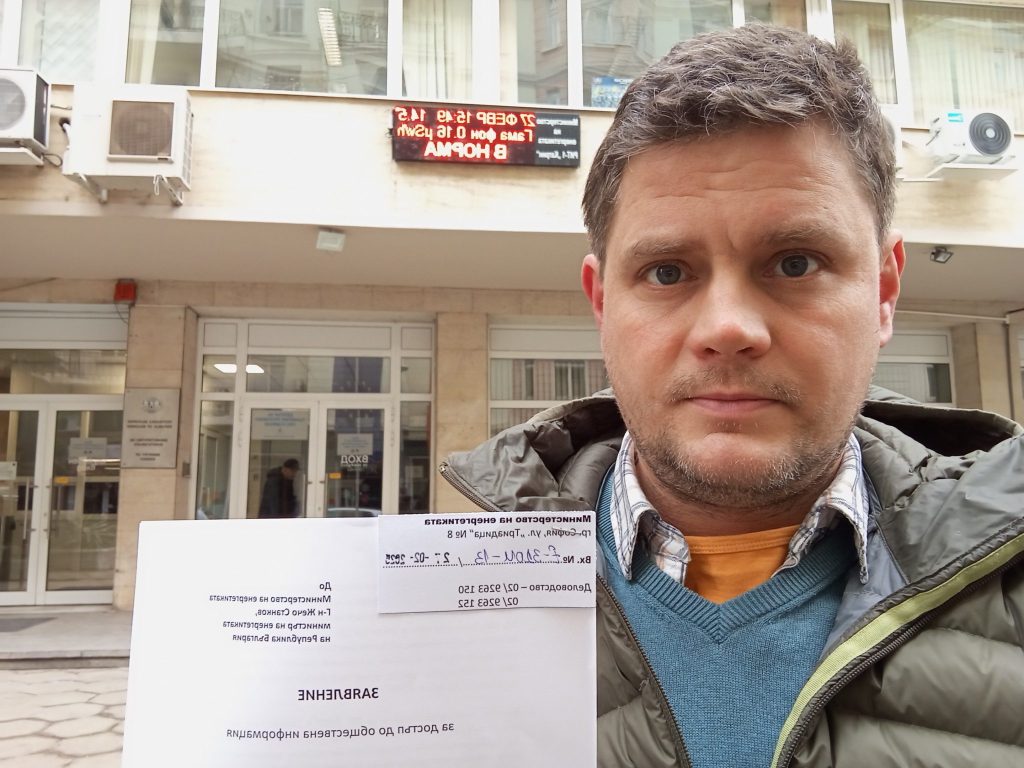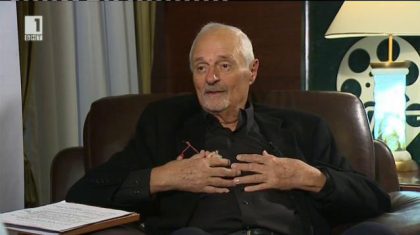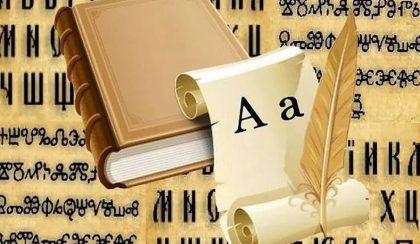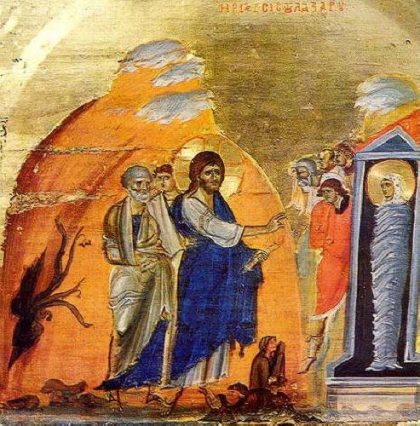
Dr. Petar Kardzhilov. Photo: Personal archive
.
by Dr. Petar Kardzhilov
The author is a specialist in risk and crisis communication, a member of the board of directors of the international organization for transparency in nuclear energy Nuclear Transparency Watch and of the Union of Scientists in Bulgaria, complainant in six cases on transparency, safety and public participation in nuclear energy.
At the end of February, the Minister of Energy ordered an inspection of the Kozloduy NPP, following a report to the Prosecutor’s Office and the National Security Agency about suspected abuses and financial irregularities at the plant. On Saturday and Sunday, the State Enterprise „Radioactive Waste“ (SERW), subordinate to the Ministry of Energy, organized and held a „Honey Festival“ in Kozloduy. As we understand from their website – for the sixteenth year. Since, if we leave things as they are, we will most likely not learn much, both about the report against the Kozloduy NPP and about the work that SERAW should (not) be doing, I submitted an application under the APIA with five current questions to Minister Zhecho Stankov.
Let’s start with the SЕRW, because, unlike the Kozloduy NPP, almost no one knows why it exists, what it does and to whom this state-owned enterprise reports. But almost no one asks. The Safe Use of Nuclear Energy Act (SUNEA) states very clearly what the SE RW must do, but since Art. 79 is quite detailed, I will quote here only the first and summarizing phrase: „radioactive waste management“. And Art. 80 limits them: „The enterprise may carry out activities and conclude transactions only in connection with the implementation of its subject of activity under Art. 79, para. 1.“ The first question to the Minister of Energy is whether he knew that SERW has been organizing a honey festival for 16 years and whether he will take measures against this long-standing violation of the law.
The honey festival would be a good tactic to attract people to inform themselves about radioactive waste management. However, nothing of the kind has happened and is not recorded – neither on the company’s website nor in their press releases. Only songs, dances, honey and… problems of beekeepers.
And while the first question to the minister concerns what the SERW should not do, but does, the second and third questions concern what they should do, but do not. The SERW’s website does not provide clear information on the following questions: What exact types/categories of RW exist?; For what period of time is each different type of RW dangerous to humans and the environment?; What quantities of each type of RW does Bulgaria have?; and How will the different RW be managed over time?
It is precisely on the latter issues that some of the most advanced European scientific institutes, universities, state nuclear regulators and RW management institutions from the EU have been working together for six years. They are working in the largest program for the management of radioactive waste and spent nuclear fuel in the European Union – the EURAD Joint Program, under the auspices of the European Commission. However, our SERW is not there. For our state company the problems of beekeepers are more important. This confusion in the self-awareness of this state institution also makes us ask how many people, with what education and for what daily work activities and goals we pay salaries to as taxpayers.
There is complete confusion, not only in the SERW, but also in the Ministry of Energy itself, regarding the most serious issue in this area – what will we do with the most dangerous categories of radioactive waste, which remains so in the worst case for 4,468,000,000 years – the spent nuclear fuel (SNF; there is no mistake in the zeros – this is the half-life of Uranium 238). While together with Eng. Petar Penchev we are appealing in court the environmental assessment of the Strategy for the Management of NW and SNF of Bulgaria, updated last year, Zhecho Stankov’s predecessor – the official minister Dimitar Malinov announced on 13.12.2024 that Bulgaria will bury radioactive waste and SNF using “modern” American drilling technology, and has signed a research contract with the American Deep Isolation. Nothing to do with the main subject of the strategy – to explore and build a deep geological repository, as Finland, Sweden, France, Germany and others are doing.
The technology of “deep borehole disposal” (DBD), which Deep Isolation has not yet applied anywhere, is not at all innovative. The idea for it dates back to 1970 and was started by Sandia National Laboratories in the USA in 2014. The experimental first RW disposal using this technology was rejected after protests by citizens in four states – North Dakota, South Dakota, New Mexico and Texas. In the spring of 2017, the US Department of Energy terminated the program. This is the fourth question of the application – summarized: What facilities and technologies for what categories of RW, including SNF, will be used in Bulgaria?
The fifth question to Minister Stankov is about the increased costs of electricity production at Kozloduy NPP for 2023 by 320 million leva. It was calculated by Prof. Georgi Kaschiev at the end of last week, when the signal of suspicions of financial abuse there became known. Prof. Kaschiev published his account on his Facebook profile, after analyzing the total costs of the company, announced on its website. I asked the Minister of Energy what this jump is due to.
And, since it is highly doubtful whether the prosecutor’s office and the ministry will go far with the signal against the Kozloduy NPP from last week, Albena Simeonova from the Foundation for Environment and Agriculture submitted a specific signal to both institutions this week, containing the calculations of Prof. Georgi Kaschiev about the plant’s overspending.
Now we wait.
.




